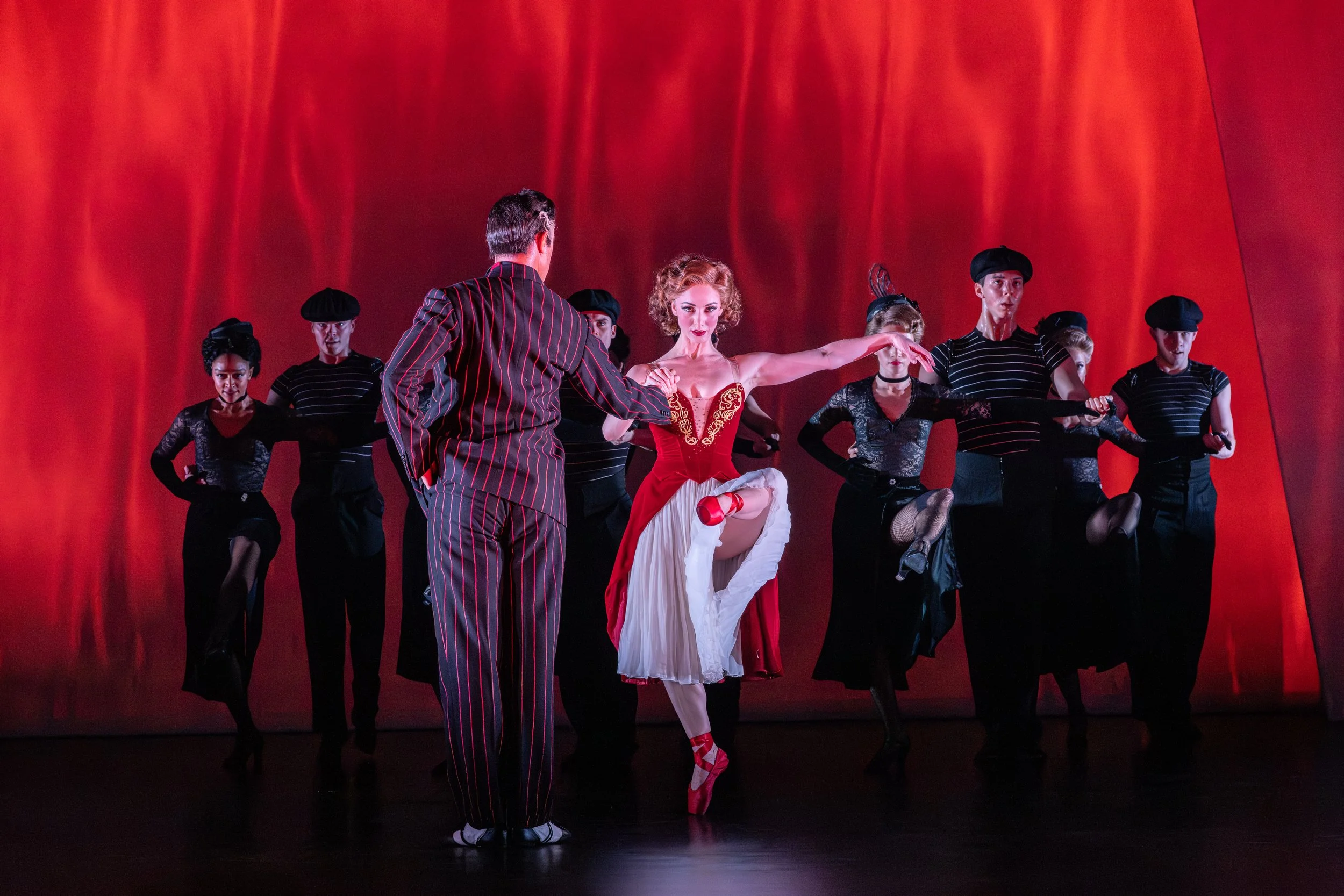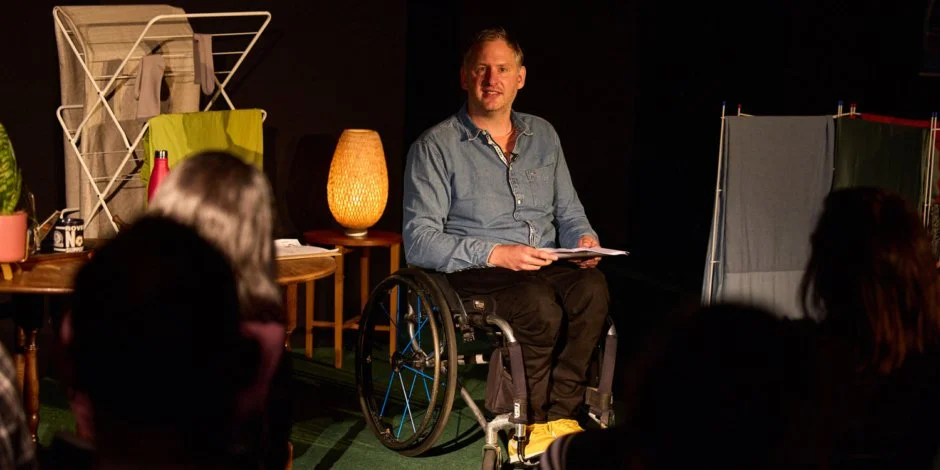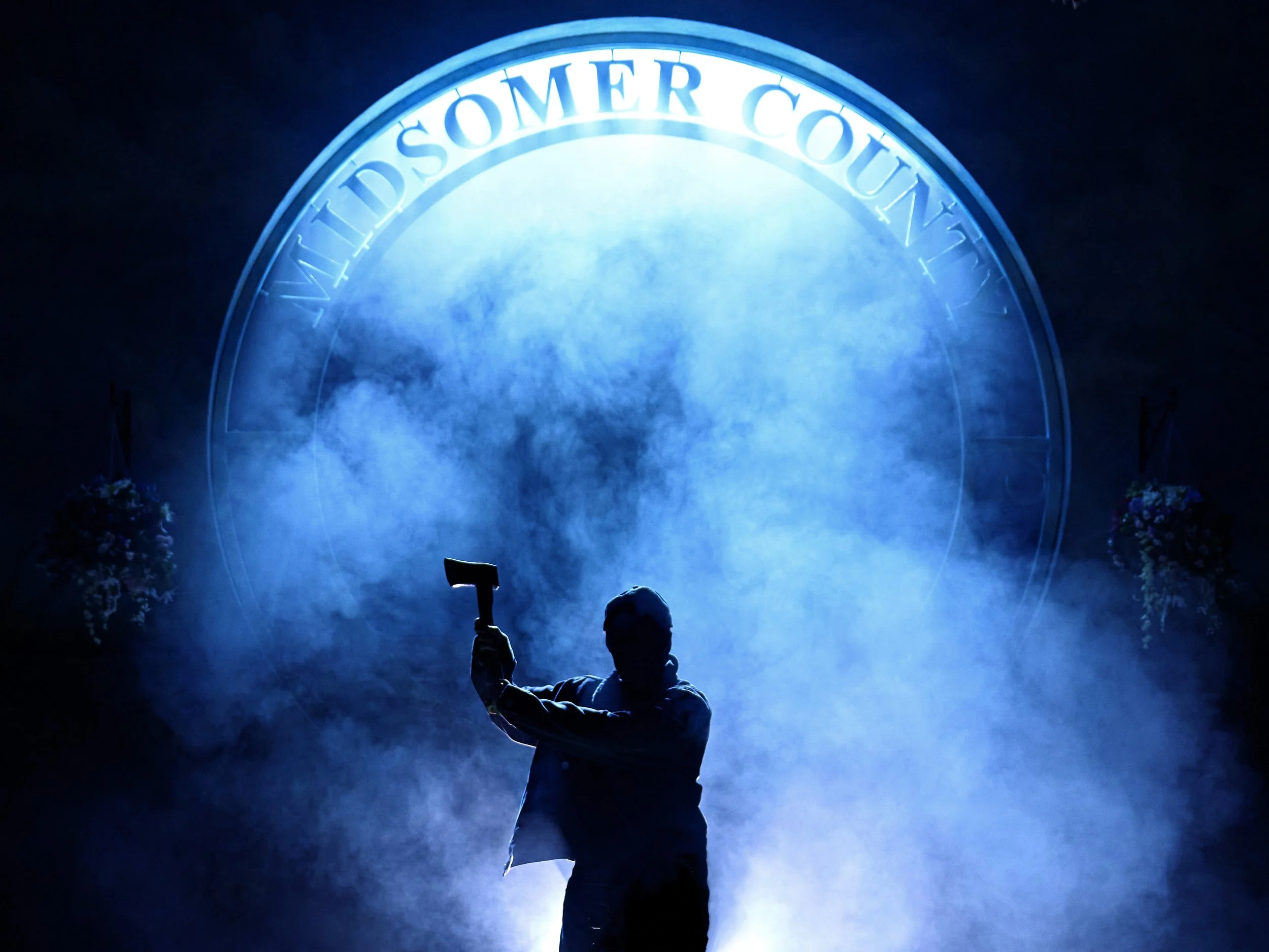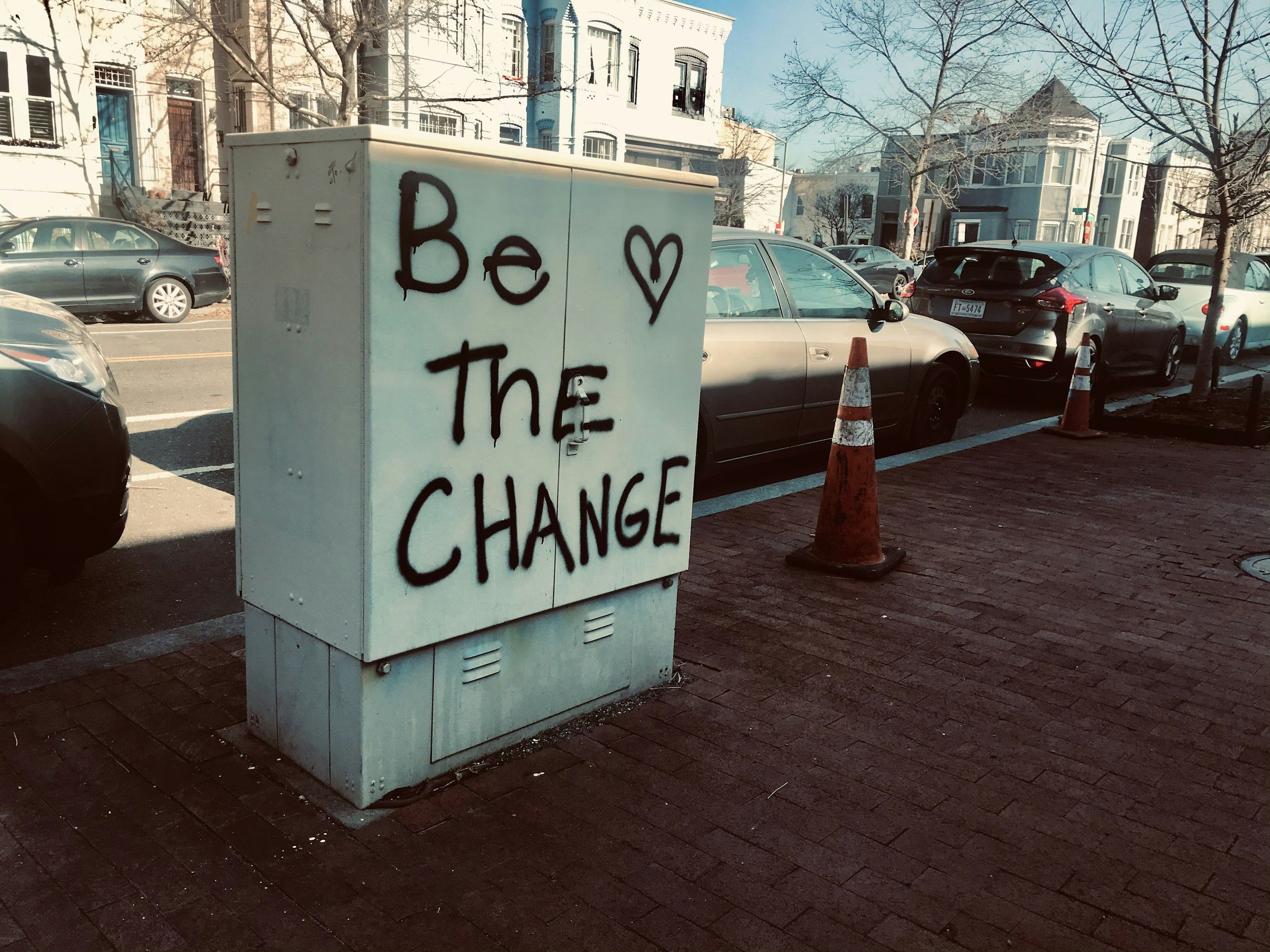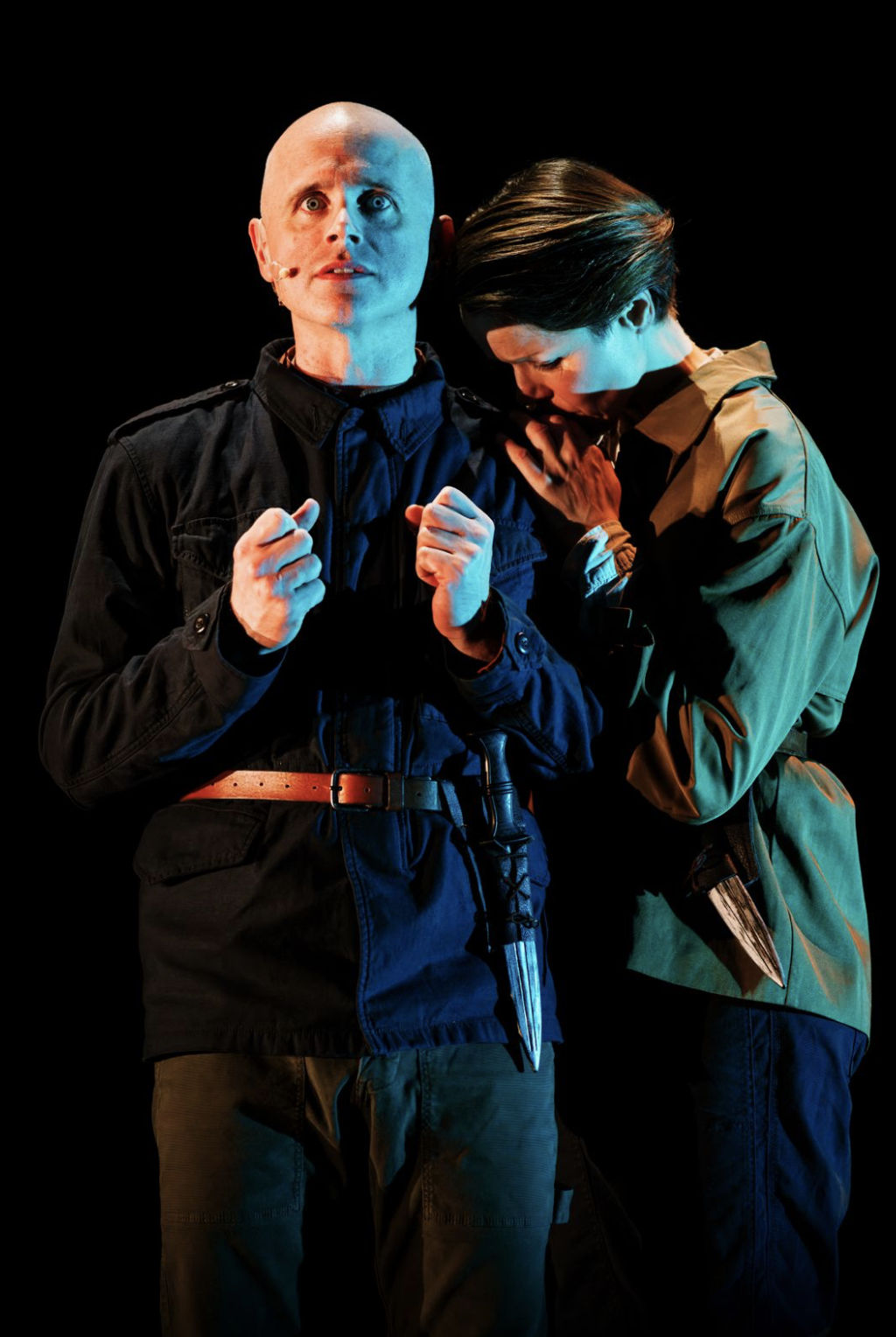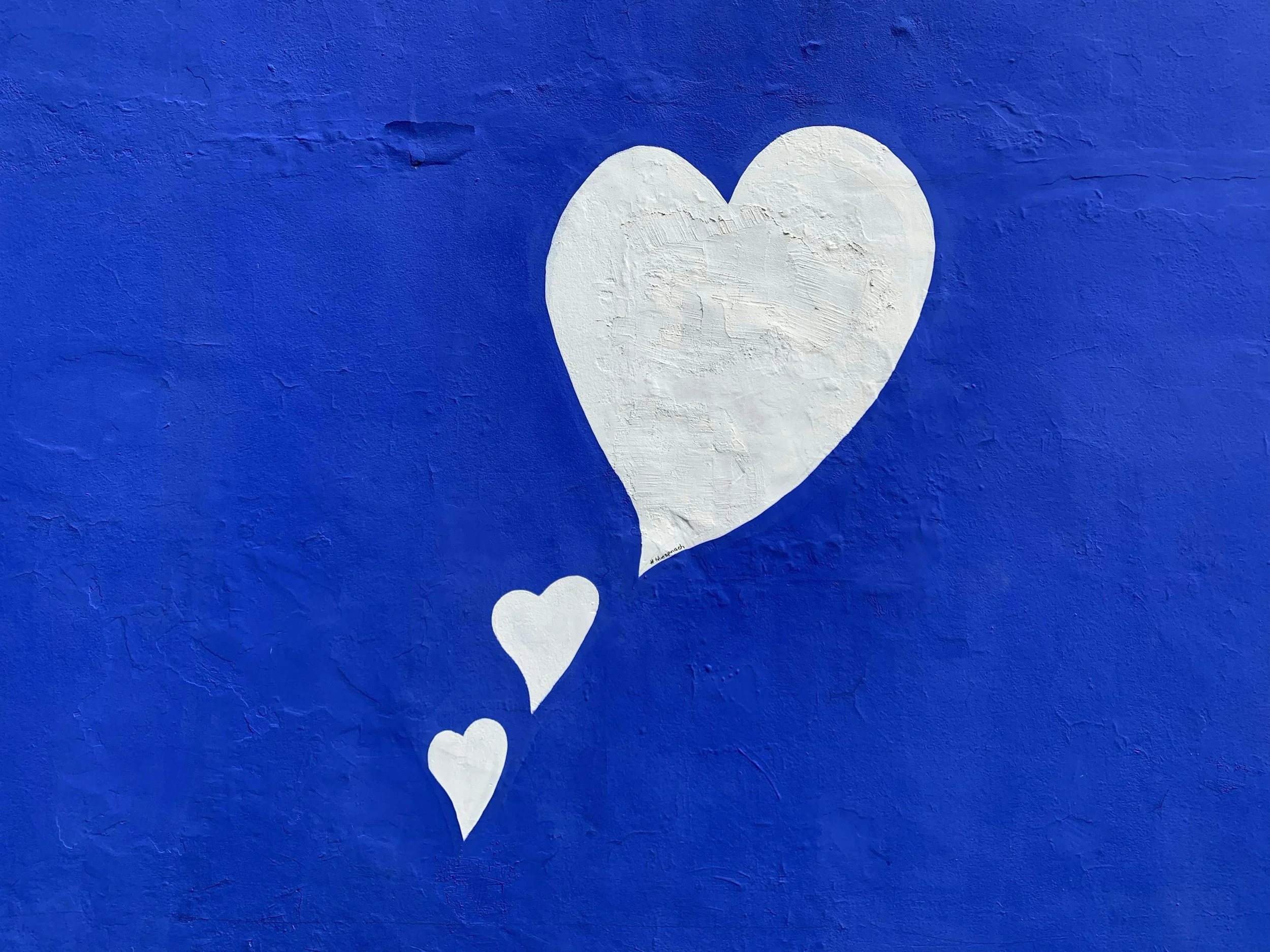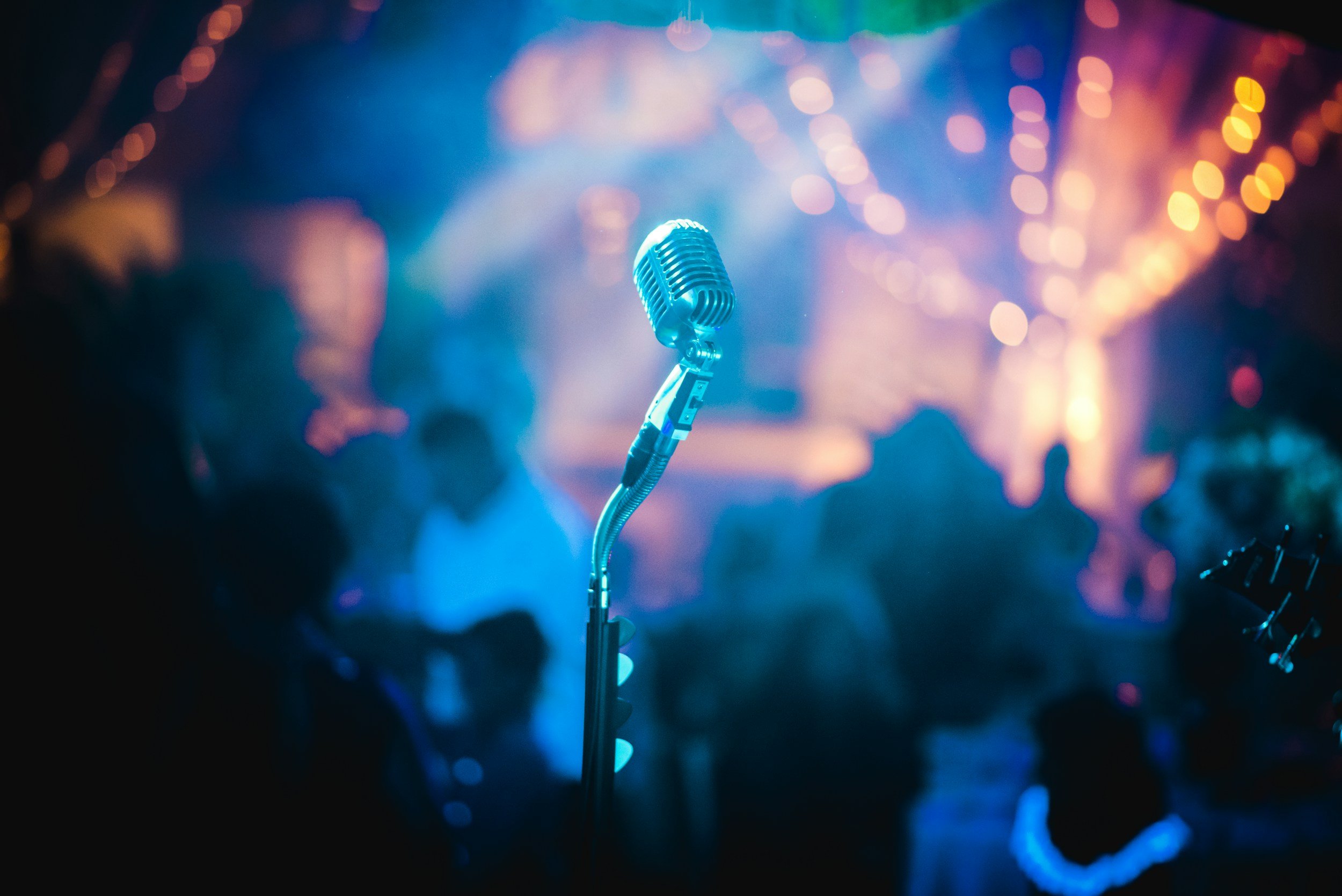A Brief Introduction To Allyship And White Privilege
I am white, and I was taught that there is no race, there is no colour, just people. There are good and bad people. Only the bad people would discriminate against people who are not white. When I was little, I did not want to be a bad person, so I did not discriminate. I looked at the few black people in my country and thought “they are like me”.
I kept living my life like there was no race; I kept living my life, thinking that I wasn’t racist because I would never attack a person verbally just because of the colour of their skin. I kept living my life, thinking that to be non-racist, I just had to be a good person.
In my early years, no one explained to me that as a white person, I have benefitted from a system of oppression. I was born and raised in a racist system, and most of my education was based on how white people never had to see themselves racially because when it came to discussions of race, it was always about someone else’s race.
My education lacked a considerable part of history; no one at school taught me the real meaning of colonisation and the pain that brought to black, indigenous and people of colour (BIPOC) communities. My school books depicted colonisation as a conquest of expansion and slavery as a historical mistake. Race was never in the curriculum because for some reason talking about it was associated with racism. Only in my late teens, I actively started talking about race.
I never truly understood my white privilege until I started dating a black person. I could see the world around me taking different colours, I started seeing the world from a different perspective, and that is when I decided that it was not enough for me to be non-racist, I needed to be antiracist.
I am a fairly educated person, but one thing I have learnt in being an ally is that it is constant work. I always have to work and re-assess my point of views. Being an ally goes way beyond a mere bullet point list, it is based on the work we put every day, it will take energy and a great deal of discomfort, and we will have to go through it all.
This is what I have learnt. It is not perfect, but it’s better than nothing.
Keep an open mind and heart; it is not about you and your discomfort.
The minute you start a conversation about race as a white person, you will instantly get in intense and often heated discussions. If a BIPOC comments what you said, saying that it is racist, don’t try to defend yourself. It is not about you. You don’t have to start a conversation trying to explain to the other person why you are not racist. Listen carefully to what they say, apologise and thank them because from then on you will do better.
Embrace the discomfort
You will feel a lot of discomforts, I feel it when someone comes to me telling me that what I said is a microaggression. My first instinct is to hide under a rock and never come out, but then I realise that if I feel the discomfort, it’s because I am doing the work necessary to educate myself. Embrace it, don’t fight it.
Know when it is your time to step down
If a BIPOC is talking about their experience of racism, it is an excellent time just to listen. Maybe ask for clarifications, but make sure you listen, once again this is not about you.
Donate and buy things from BIPOC owned businesses
Buying goods from local BIPOC businesses will make the difference not only for the person but overall for the community. White people have looted and stolen every imaginable thing from their community; it is time to start giving back.
Keep educating yourself; there is not an endpoint, it is the work of a lifetime
Read books written by BIPOC authors, watch movies, listen to podcasts, do everything it takes to keep educating yourself on the matter, knowing that there will always be something new to learn.





